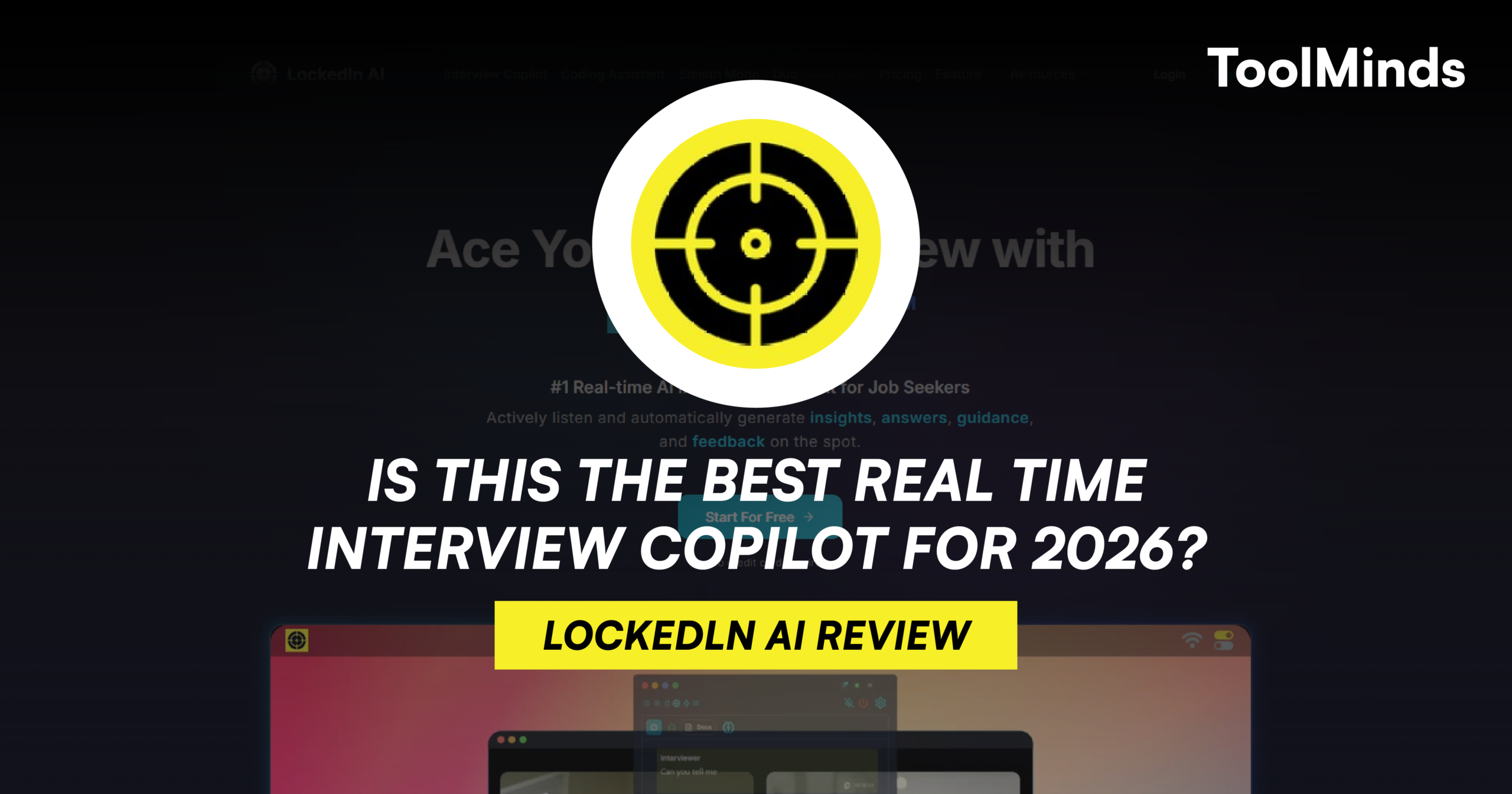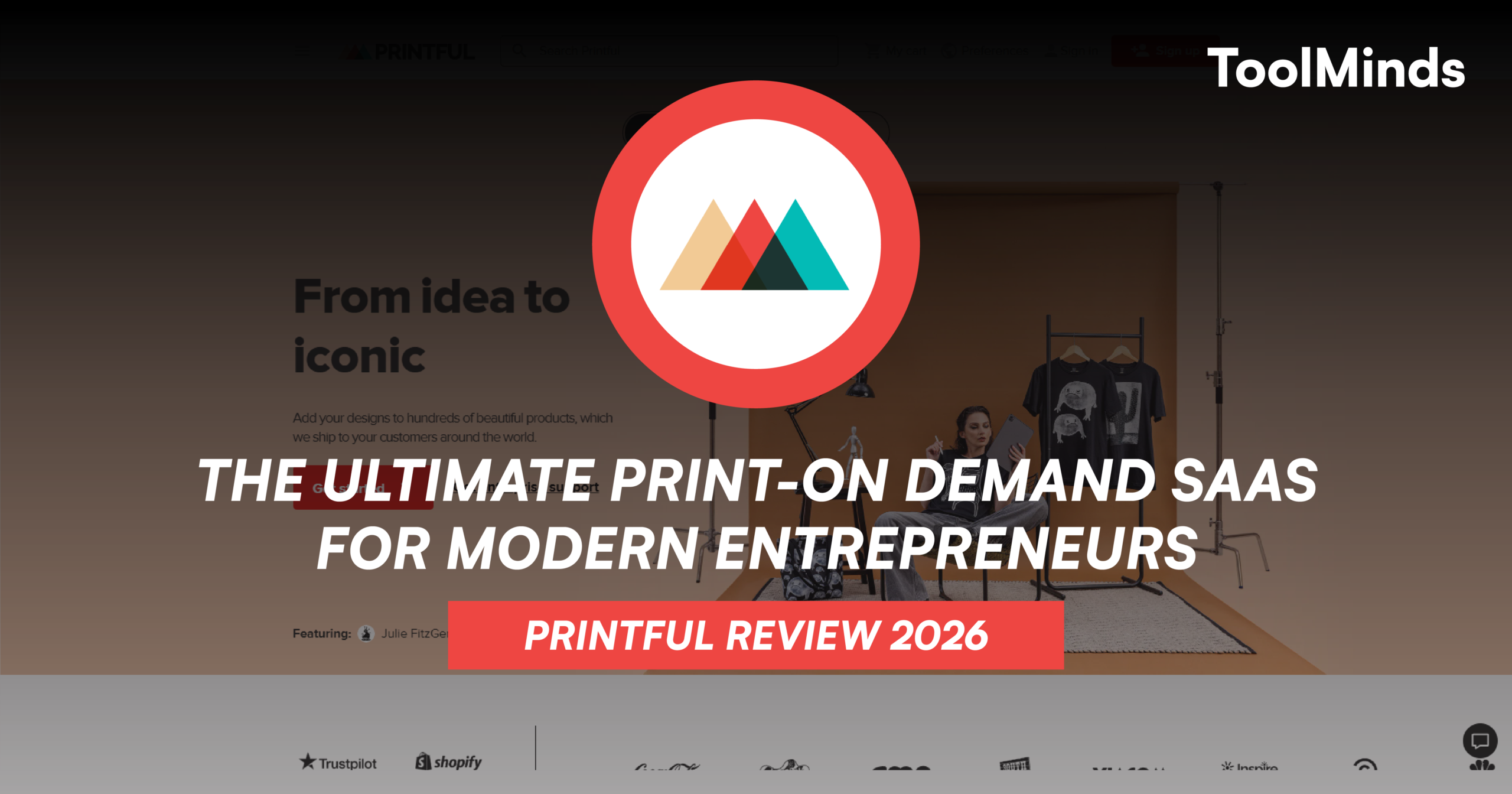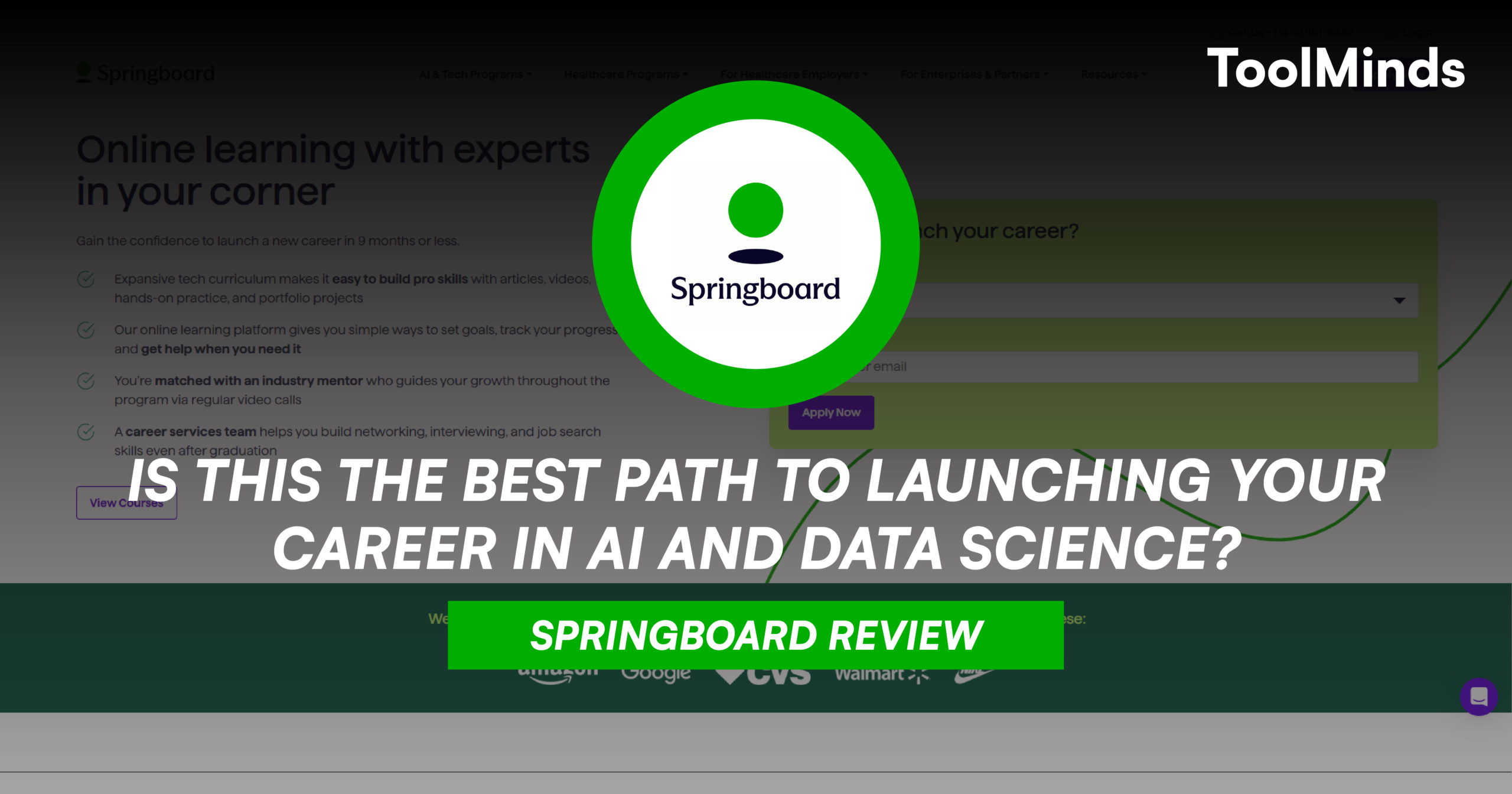In today’s fast-paced healthcare environment, accurate and efficient documentation is critical for ensuring high-quality patient care. However, the administrative burden associated with this process can detract from the time and attention healthcare professionals are able to dedicate to their patients. This is where Scribe by Heidi Health steps in, offering a sophisticated solution to streamline medical documentation through the power of artificial intelligence. This article will explore how Scribe is transforming the way healthcare professionals manage documentation, its key features, and the benefits it brings to the healthcare sector.
What is Scribe by Heidi Health?
Scribe by Heidi Health is an innovative AI-driven tool designed to assist healthcare professionals in documenting patient interactions seamlessly. Unlike traditional methods, Scribe utilizes advanced natural language processing (NLP) technology to transcribe, analyze, and structure clinical conversations in real-time. This not only reduces the administrative burden on clinicians but also enhances the accuracy and quality of medical records.

Key Features of Scribe
- Real-Time Transcription and Documentation: Scribe excels at transcribing conversations between healthcare providers and patients in real-time. This feature ensures that every detail is captured accurately, minimizing the chances of missing critical information. The real-time aspect allows for immediate documentation, saving clinicians from the tedious task of note-taking after consultations.
- Contextual Understanding and Structuring: One of Scribe’s standout capabilities is its ability to comprehend the context of conversations. It intelligently structures the transcribed data into a coherent medical note, categorizing information into relevant sections such as history, diagnosis, and treatment plan. This structured documentation aligns with healthcare standards and simplifies the review process for providers.
- Integration with Electronic Health Records (EHR): Scribe seamlessly integrates with various EHR systems, allowing for easy transfer of documented information into patient records. This integration ensures that healthcare professionals have access to up-to-date information, facilitating better decision-making and continuity of care.
- Customizable Templates: To cater to diverse medical specialties, Scribe offers customizable templates that can be tailored to specific documentation needs. Whether it’s for primary care, cardiology, or mental health, these templates ensure that the documentation process aligns with the unique requirements of each specialty.
- Security and Compliance: Recognizing the sensitive nature of healthcare data, Scribe is built with robust security features to protect patient information. It adheres to HIPAA (Health Insurance Portability and Accountability Act) regulations, ensuring that all data is encrypted and handled with the highest level of confidentiality.
Benefits of Using Scribe in Healthcare
1. Enhanced Efficiency and Productivity:
By automating the documentation process, Scribe significantly reduces the time healthcare professionals spend on administrative tasks. This efficiency translates into more time for patient care, allowing providers to see more patients and improve their overall productivity.
2. Improved Documentation Accuracy:
Manual documentation is prone to errors and omissions, which can impact patient safety and care quality. Scribe’s AI-powered transcription minimizes these risks by capturing conversations with high accuracy and structuring them according to clinical standards.
3. Reduced Physician Burnout:
The increasing administrative workload is a major contributor to physician burnout. Scribe alleviates this burden by taking over the time-consuming task of documentation, enabling clinicians to focus on their primary role—providing care to patients.
4. Streamlined Workflow:
With its ability to integrate seamlessly into existing EHR systems, Scribe streamlines the documentation workflow. This integration reduces the need for duplicate data entry and allows for quick access to patient records, enhancing the overall efficiency of healthcare operations.

Use Cases and Applications
Scribe is versatile and can be applied in various healthcare settings, including:
- Outpatient Clinics: In outpatient settings, Scribe assists physicians by documenting patient visits, allowing them to focus on patient interaction without the distraction of note-taking.
- Telemedicine: With the rise of telehealth, Scribe proves invaluable by transcribing virtual consultations and ensuring that accurate records are maintained, even in remote care settings.
- Specialty Practices: For specialties that require detailed documentation, such as psychiatry or cardiology, Scribe’s customizable templates and contextual understanding enhance the precision and clarity of medical notes.
How Scribe Works
The operation of Scribe is straightforward and user-friendly:
- Setup and Customization: Healthcare providers start by setting up their Scribe account and customizing templates according to their practice needs. This customization includes selecting the type of information to be captured and the format of the final documentation.
- Real-Time Interaction: During a patient consultation, Scribe listens and transcribes the conversation in real-time. It processes spoken language, identifies key clinical terms, and structures the information into a coherent medical note.
- Review and Integration: Once the consultation is complete, the provider can review the automatically generated note, make any necessary edits, and then integrate it directly into the patient’s EHR. This streamlined process eliminates the need for manual transcription and reduces the likelihood of errors.

Customer Testimonials
Many healthcare professionals have already integrated Scribe into their practices and report significant improvements in their workflow and patient interactions. Testimonials highlight the tool’s ability to save time, enhance documentation accuracy, and reduce the stress associated with administrative tasks. For instance, Dr. Jane Smith, a primary care physician, notes, “Scribe has transformed the way I practice medicine. I can now focus entirely on my patients without worrying about the tedious documentation process.”
Future Developments
Scribe is continually evolving to meet the dynamic needs of the healthcare industry. Future updates are expected to include advanced AI features, such as predictive analytics and automated coding suggestions, which will further enhance its utility in clinical practice. These developments demonstrate Heidi Health’s commitment to innovation and excellence in healthcare technology.
Conclusion
Scribe by Heidi Health is more than just a transcription tool; it’s a comprehensive solution designed to improve the efficiency, accuracy, and quality of healthcare documentation. By leveraging advanced AI technology, Scribe enables healthcare professionals to focus more on patient care and less on paperwork. Whether in outpatient clinics, telemedicine, or specialty practices, Scribe is poised to become an indispensable asset in the modern healthcare landscape. For healthcare providers looking to enhance their documentation process, Scribe by Heidi Health offers a reliable, efficient, and secure solution.



